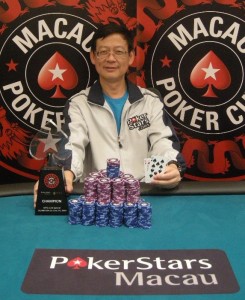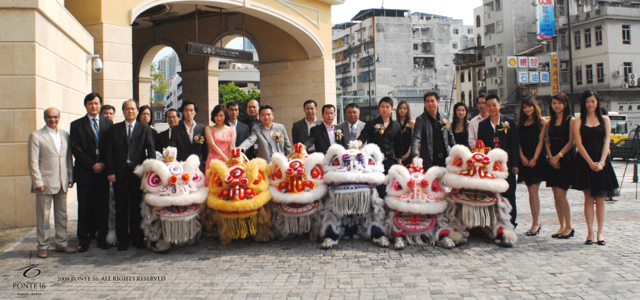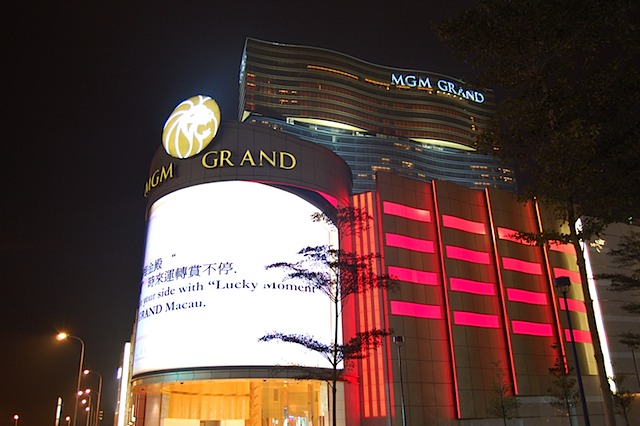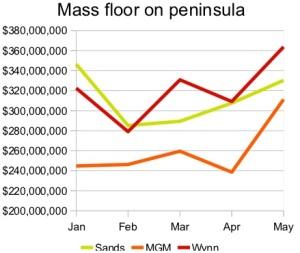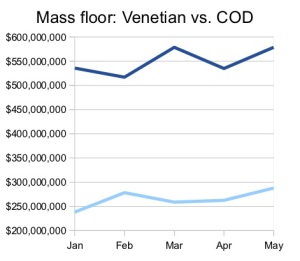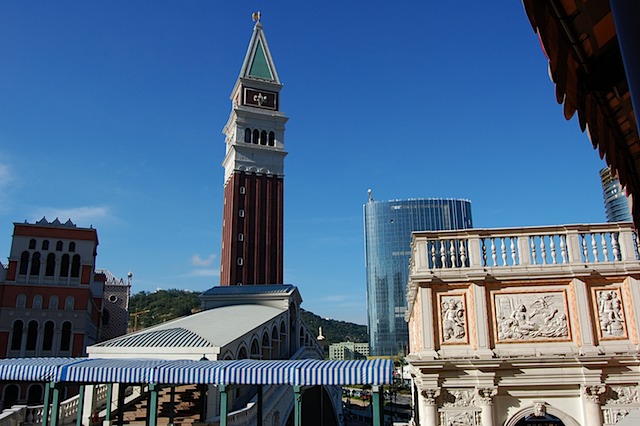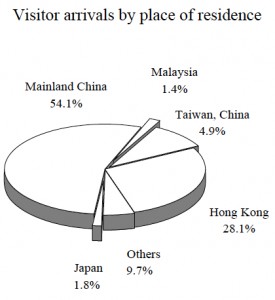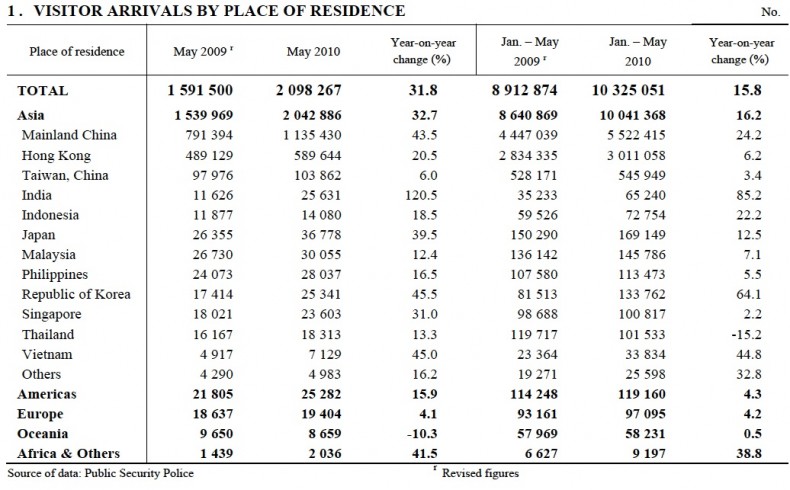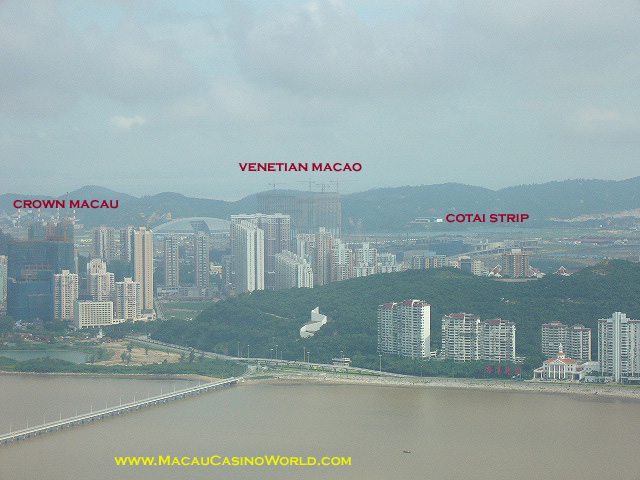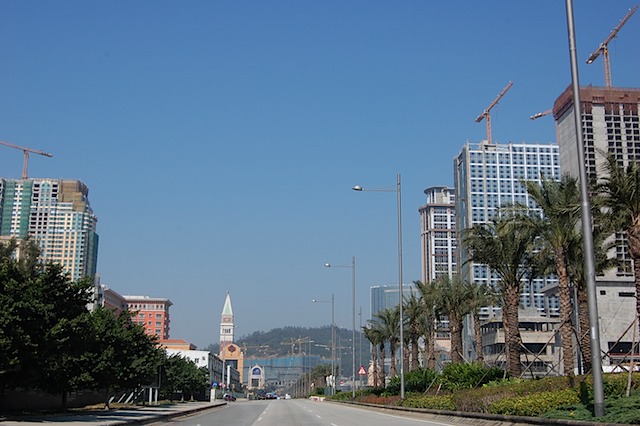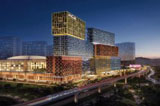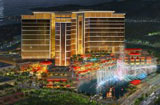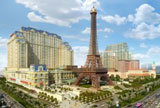
MACAU, June 22, 2010 The world’s mahjong tournament, the “World Series of Mahjong” (“WSOM”), will return to Macao this summer for the third time! The long-awaited tournament will be held from August 19-22, 2010 at the prestigious The Venetian® Macao-Resort-Hotel. Registration begins today at The Venetian Macao, the official registration venue for WSOM. Mahjong players do get ready to step on the glamorous path to stardom in the mahjong world, and enjoy the thrilling experience!
The third World Series will include two separate tournaments, namely, the 3-day single-elimination Main Event World Championship and the US$1,000 buy-in Riichi Rules Tournament. The buy-in fee for the Main Event is HK$5,000 (US$650), plus HK$500 registration fee. The second World Series paid out the highest US$1 million prize money in the mahjong history, while the prize pool for this year will be based on the number of participants in each exciting tournament. The top 32 places in the Main Event will be awarded prize money according to the rankings.
The Main Event Champion will receive the top cash prize, a World Champion necklace, an unique Venetian Mask sponsored by The Venetian Macao, and a free invitation to the fourth WSOM Main Event in 2011. All tournaments are open to any mahjong player who is at least 21 years of age and ready for the money and fame. The WSOM will employ a simplified World Series of Mahjong Rules® for the 13-tile game, and a scoring system that is fair to all different players in the world. For more details, please visit the official website at www.wsom168.com.
Interested players can register for the tournament through The Venetian Macao. Special travel packages will be offered to all participants. For registration enquires, please contact CotaiTicketing™ in Macau (853) 2882-8818, Hong Kong (852) 6333-6660, or visit the CotaiTicketing website at www.cotaiticketing.com.
“We wish to sincerely thank The Venetian Macao for their enthusiastic support of the third-annual WSOM. This enables us to bring together the top mahjong players in the world, and provide them with a brand new tournament experience at a world-class venue,” said Mr. John Hardyment, CEO of World Mahjong Limited, founders of the WSOM.
“The Venetian Macao is proud to host the third annual World Series of Mahjong tournament from August 19 to 22. It is just one more example of our effort to bring the best in sport and entertainment to Macau. With this tournament, we look forward to welcoming the world’s most skilled mahjong players to The Venetian Macao,” said Mr. Mark Russell, Senior Vice President of Sales and Marketing, The Venetian Macao-Resort-Hotel.
Schedule:
19th Aug (Thurs): Players check in & practice day
19th Aug (Thurs): Riichi Rules Tournament
20th Aug (Fri): Main Event World Championship – Day 1
21st Aug (Sat): Main Event – Day 2
22nd Aug (Sun): Main Event – Day 3. Final Round
22nd Aug (Sun): Awards Ceremony & Check presentation











